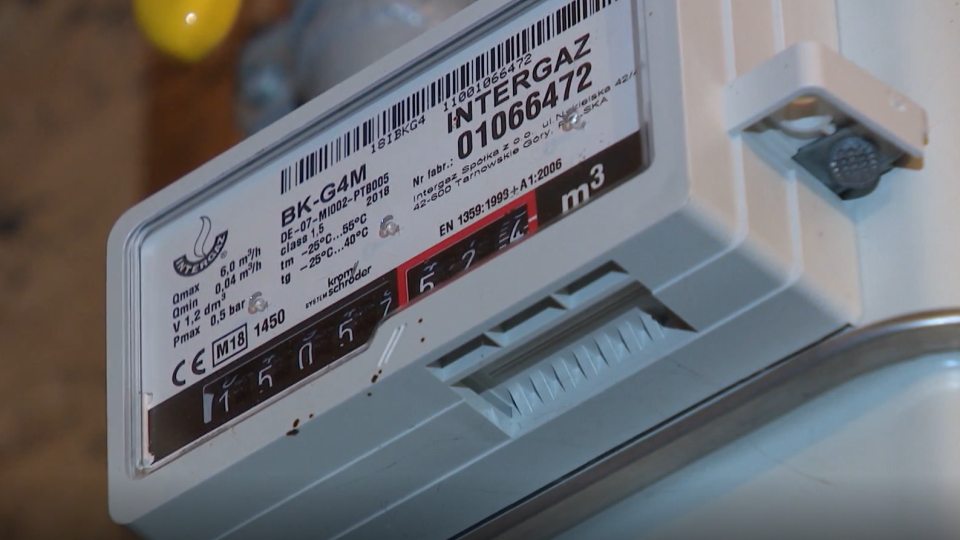In assessing the aid provided during the last heating season, the Ministry of Climate and Energy (KEM) concluded that the most efficient form of aid is targeted at aid determined by the level of household income.
People with district heating, natural gas heating and electricity connection could benefit from the aid if their expenditure on housing is higher than 30% of household income per person declared, registered or indicated in the household.
Households using decentralized heating solutions (wood, pellets, briquettes, etc.) are also planned to be supported, but support for these households will be under the management of municipalities.
Climate and Energy Minister Raimonds Čudars (New Unity) acknowledged at the press conference after the government meeting that there are problems in the situation of concealed or unreported income where a household could formally qualify support but in fact their income is higher.
Housing expenses are rent payments, including land rentals or taxes on land adjacent to the house, utility payments (water, sewer, thermal energy, electricity, natural gas), as well as other services related to the monthly maintenance of the dwelling, such as housing insurance, as indicated in the Ministry's report.
Of all households, around 40-50% of households could qualify for aid, the Ministry concluded. KEM pointed out that aid should only be provided if the price of energy resources on the stock exchange exceeds a certain threshold approved by the Cabinet.
IT was previously concluded that, following the introduction of this system, the total savings in the national budget to cover the increase in energy resources for households could be more than €100 million.
Prime Minister Krišjānis Kariņš said that this heating season is unlikely to require support, but the government will be prepared for this. The amount of aid is not currently anticipated because it would depend on the prices of energy sources on the stock exchange.
A single solution, known as an automated support system, will be developed by the Construction State Control Office (BVKB). In order to develop and maintain the single solution, as well as to secure four job positions related to it, funding of €1 300 496 is needed this year.






























